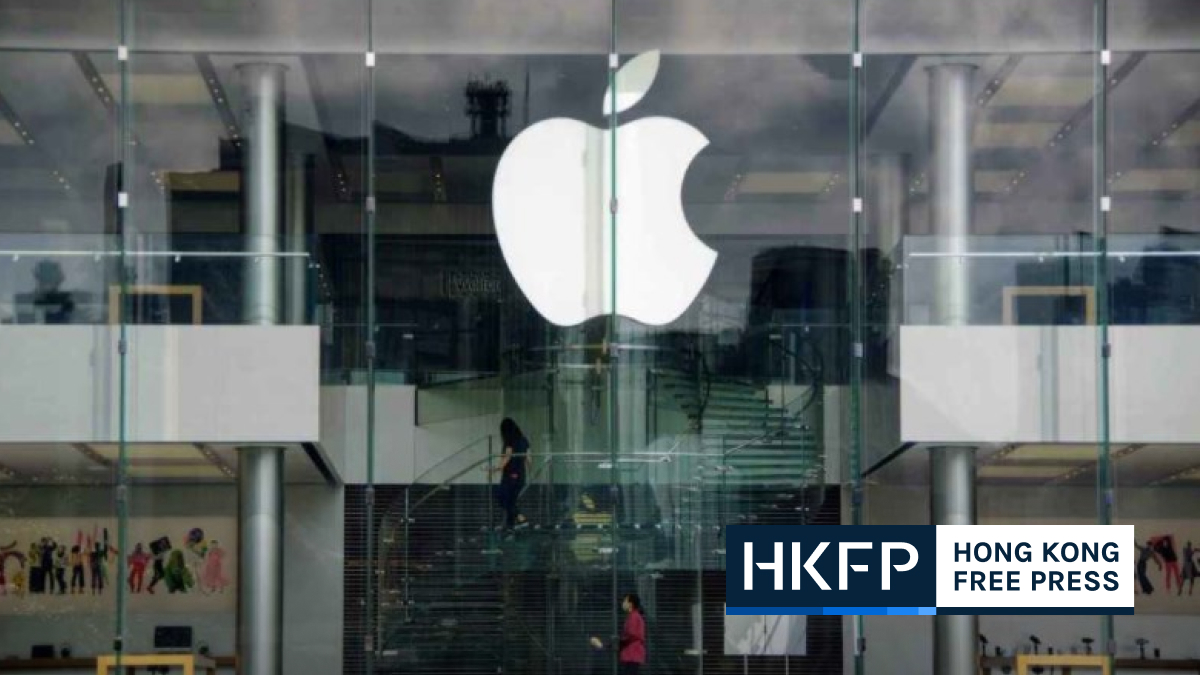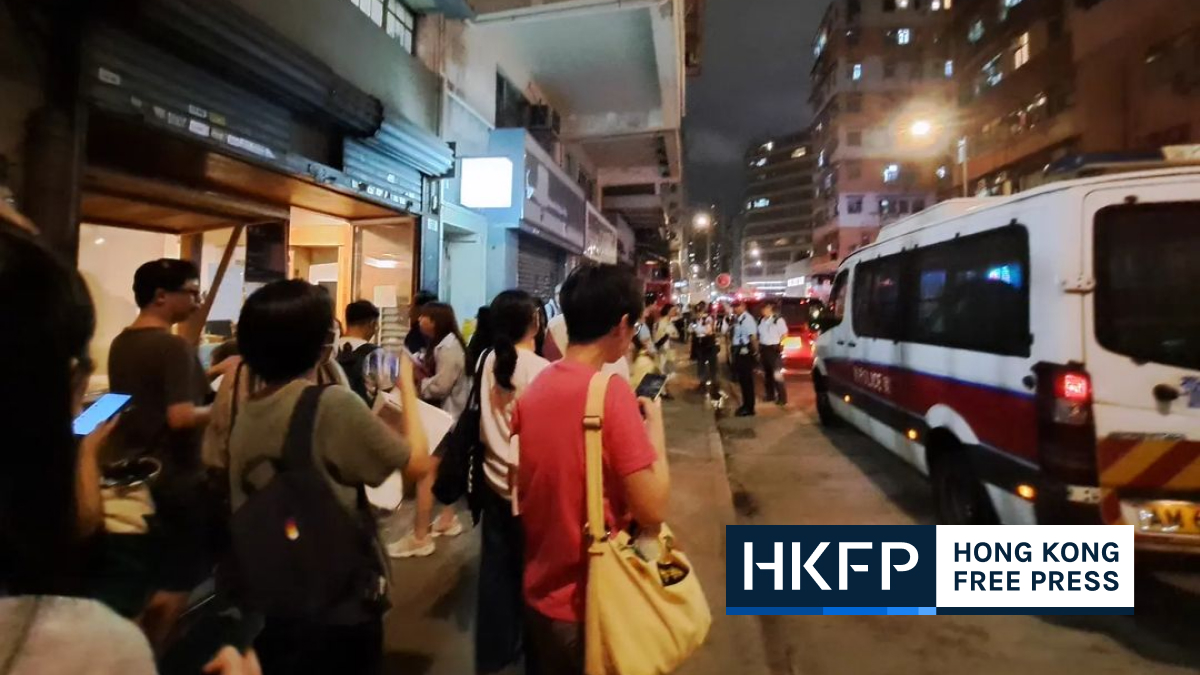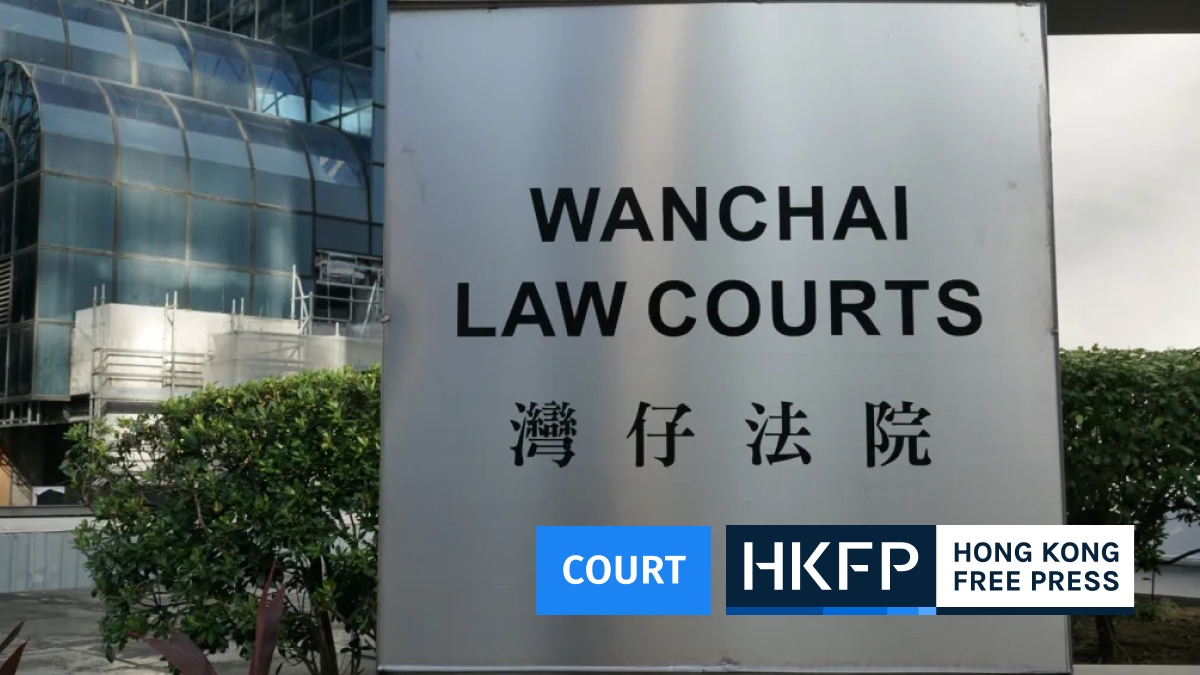US-funded news outlet Radio Free Asia (RFA) has announced the suspension of some Cantonese programmes and commentaries, citing concerns about press freedom in Hong Kong and the “red lines” of the national security law.
A memo issued by RFA’s Washington DC headquarters and seen by HKFP said the broadcasts would be suspended from March 1 “until further notice” and an internal review would be conducted. It was addressed to commentators and hosts of the outlet’s Cantonese service.
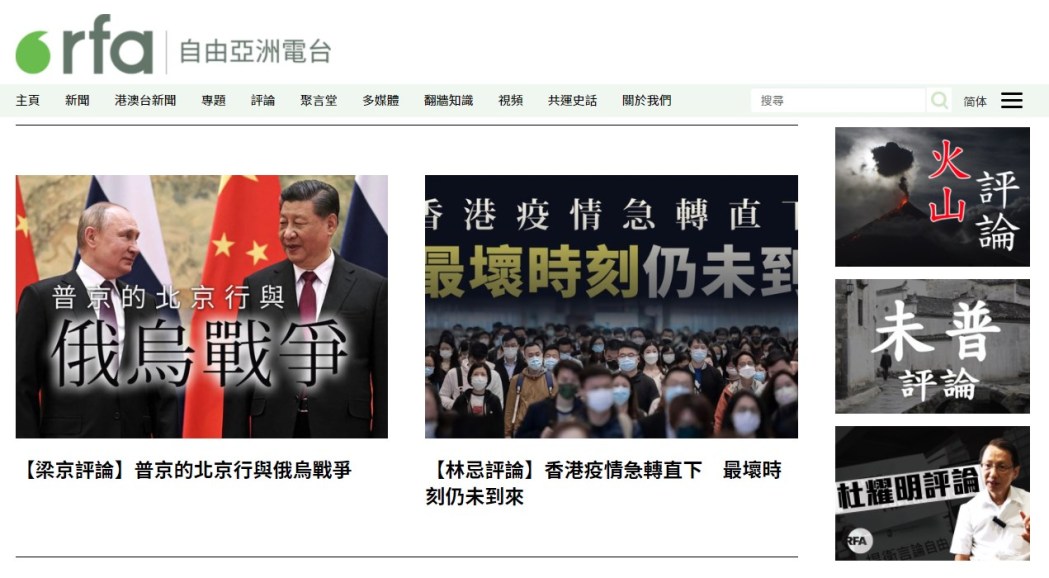
“Given the dire situation in Hong Kong, locally based commentators and hosts face increased risks. It has been clear over the past year that the ‘national security red lines’ are everywhere in Hong Kong,” the memo read. “The freedom of speech accorded to commentators and hosts under Hong Kong’s basic law is not protected by Hong Kong and Chinese laws.”
The opinion pieces are posted on RFA’s website and are available in audio form on YouTube. RFA also produces a number of talk shows, including Good Morning Hong Kong and China and the World, on current affairs.
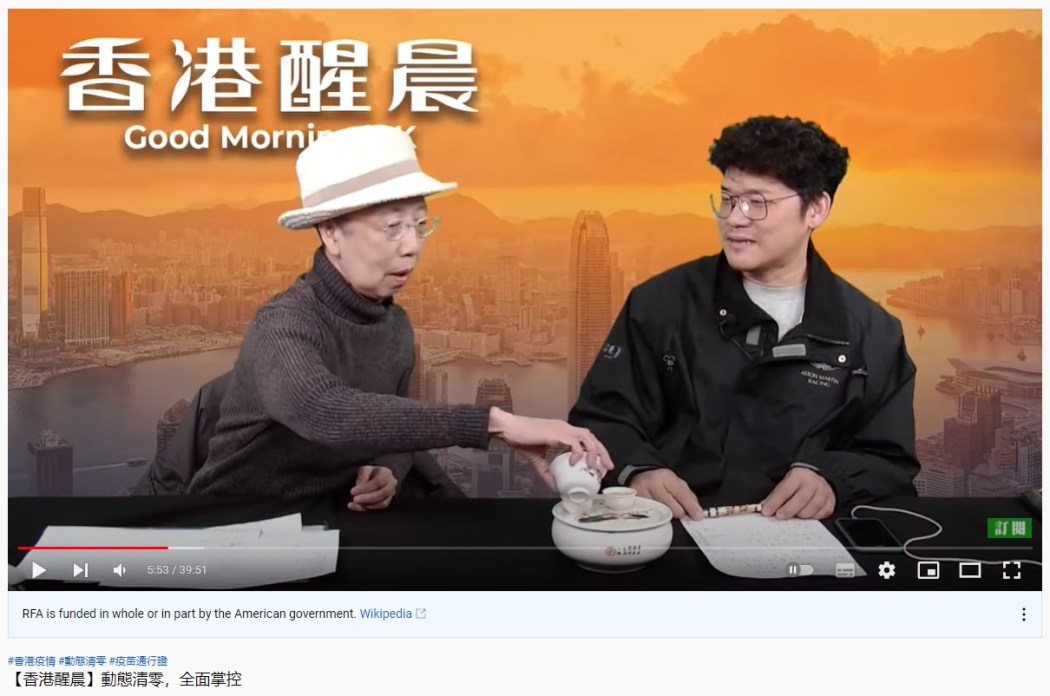
A source familiar with the matter told HKFP that RFA’s top editors made the decision because maintaining a studio in Hong Kong, where hosts and interviewees come and go, could be seen as “high risk” and a potential physical target for authorities.
Explainer: Press freedom under the national security law
The commentary section will be taken over by the RFA team abroad, the source added. Its Hong Kong office will remain open to continue reporting the news.
Rohit Mahajan, a spokesperson for Radio Free Asia told HKFP: “While we are temporarily pausing several of our Hong Kong-based commentary programs out of safety concerns, we want to assure our listeners that RFA’s accurate and independent coverage of Hong Kong will continue. RFA’s commitment to keeping our audience informed remains steadfast, and we look forward to launching even more Cantonese programming soon.”
Founded in 1996, RFA is a non-profit news service funded by the US government to provide news about events in Asia. The outlet publishes in nine languages – including Burmese, Khmer, Korean, Uyghur and Vietnamese – and has won awards for its journalism.
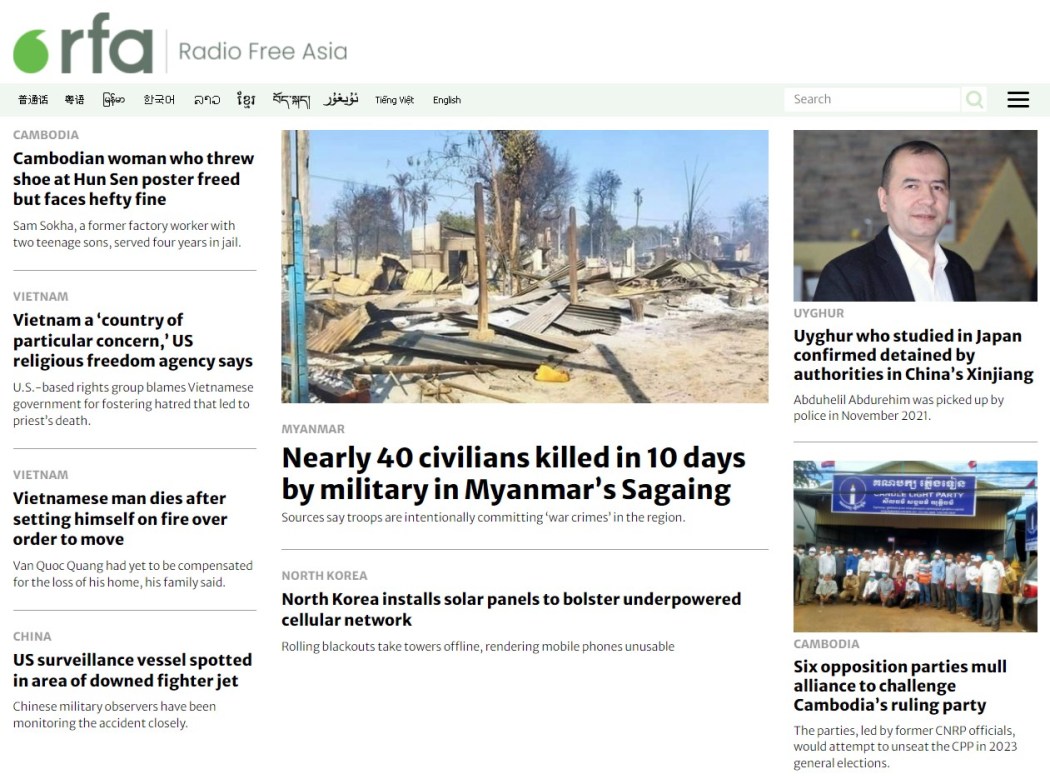
Last year, RFA took the top prize in the Human Rights Press Awards for a piece on tensions between Beijing and the Vatican over the appointment of Chinese bishops.
According to the US International Broadcasting Act, RFA provides a “variety of opinions and voices from within Asian nations whose people do not fully enjoy freedom of expression.”
Critical commentary
RFA’s Cantonese service hosts near-daily opinion pieces from regular columnists discussing current events in Hong Kong, mainland China and beyond. Recent pieces have included analysis of issues ranging from the city’s growing Covid-19 outbreak to the China-Russia relationship amid the Ukraine crisis.
A January column written by To Yiu-ming, a former journalism professor at Hong Kong Baptist University, called Hong Kong’s “zero Covid” approach “as futile as cutting water.”

During the “patriots-only” Legislative Council elections last December, which saw a record low turnout, columnist Kay Lam said Hongkongers had voted with their feet and shown their rejection of the polls by taking advantage of the free public transport offered that day – ostensibly to encourage turnout – to travel.
HKFP has reached out to RFA’s Cantonese service, and the DC-based communications team, for comment.
Press freedom concerns
The suspension comes as 21 nations – including the US, UK, Australia and Canada – signed a joint statement condemning the city’s press freedom crackdown.
“Since the enactment of the national security law in June 2020, authorities have targeted and suppressed independent media in the Hong Kong Special Administrative Region,” the statement, which was published on Monday, read.

It cited the closure of two independent outlets, Stand News and Citizen News, as concerning developments. Last December, Stand News shut down following a newsroom raid and the arrests of top editors and others associated with the publication. Days later, Citizen News announced that it would halt operations to ensure staff safety.
Media mogul Jimmy Lai, founder of the now-defunct pro-democracy paper Apple Daily, is currently serving time in jail for various protest-related charges, and is also awaiting trial on national security charges that could see him imprisoned for life.
International press freedom watchdog Reporters without Borders warned last year that the security law posed a “grave threat” to the city’s journalists.
Support HKFP | Policies & Ethics | Error/typo? | Contact Us | Newsletter | Transparency & Annual Report | Apps
Help safeguard press freedom & keep HKFP free for all readers by supporting our team

LATEST FROM HKFP
HKFP has an impartial stance, transparent funding, and balanced coverage guided by an Ethics Code and Corrections Policy.
Support press freedom & help us surpass 1,000 monthly Patrons: 100% independent, governed by an ethics code & not-for-profit.





